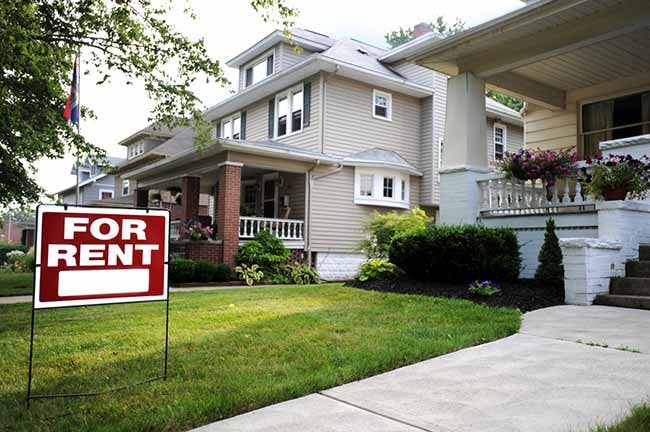How to Get a Commercial Real Estate Loan

If you’re considering owning property as an investment or want to buy property for business reasons, the chances are pretty good that you might not have the money just lying around for that purpose. Because of this, you’ll likely need a commercial real estate loan to buy, build, or refinance a commercial property or properties.
What is the Passive Loss Limit for the IRS?

You might have opted to own rental real estate as an investment for its potential cash flow along with possible deductions and expenses. In most cases, owning real estate for business or investment purposes is considered a passive activity. In other words, you’re not actively involved in the generation of material gain through that ownership.
How Many Properties Can I Identify In A 1031 Exchange?

Executing a 1031 exchange to defer capital gains taxes when buying and selling an investment property can be a helpful tool for taxpayers. If you sell investment real estate at a profit, you will owe capital gains taxes on any appreciation in the value. Paying those taxes can adversely impact your reinvestment by reducing the amount available. If you structure the sale and purchase using a 1031 exchange, you can defer the payment of the capital gains taxes.
What are the Benefits of Owning Rental Property?

Anyone reading a list of the richest people in America can’t miss the fact that a good number of those names made their fortunes by investing in commercial real estate.
Do Capital Gains Count Toward IRMAA?

You might be at a point in your life in which you’re considering applying to Medicare or are a Medicare beneficiary. Whether you are covered by original Medicare (Part A or Part B) or have a Medicare Advantage plan, government subsidies can cover the majority of your premiums.
Does a 1031 Exchange Require a 1099-S?

A 1031 exchange involves a lot of paperwork. There are two transactions in the exchange process. One is the closing of the relinquished property, and the other is the acquisition of the replacement property. The exchanger is basically selling and buying a property.
What is Entitlement in Real Estate?

Concerning real estate development, entitlement is similar to approval. A developer must obtain an entitlement from the local authority to proceed with their project. If you think of zoning as the local rules that govern development, getting an entitlement is the goal. Zoning regulations contain broad restrictions on what type of building can be built in a specific area, while an entitlement is an approval for a particular project.
Can I Deduct Closing Costs for a 1031 Exchange?

One reason why real estate can be an attractive investment opportunity is because of the potential deductions involved with owning and maintaining income-generating properties (or those used for business purposes). When it comes time to sell that property, certain closing costs can be deducted (including mortgage interest and pro-rated property taxes).
How to Convert Your Investment Property Via an UPREIT Process

If you’ve owned real estate for business purposes (i.e., your work or for investment), you might have realized a significant appreciation on that property. This can lead to a good-news, not-so-good-news scenario.



